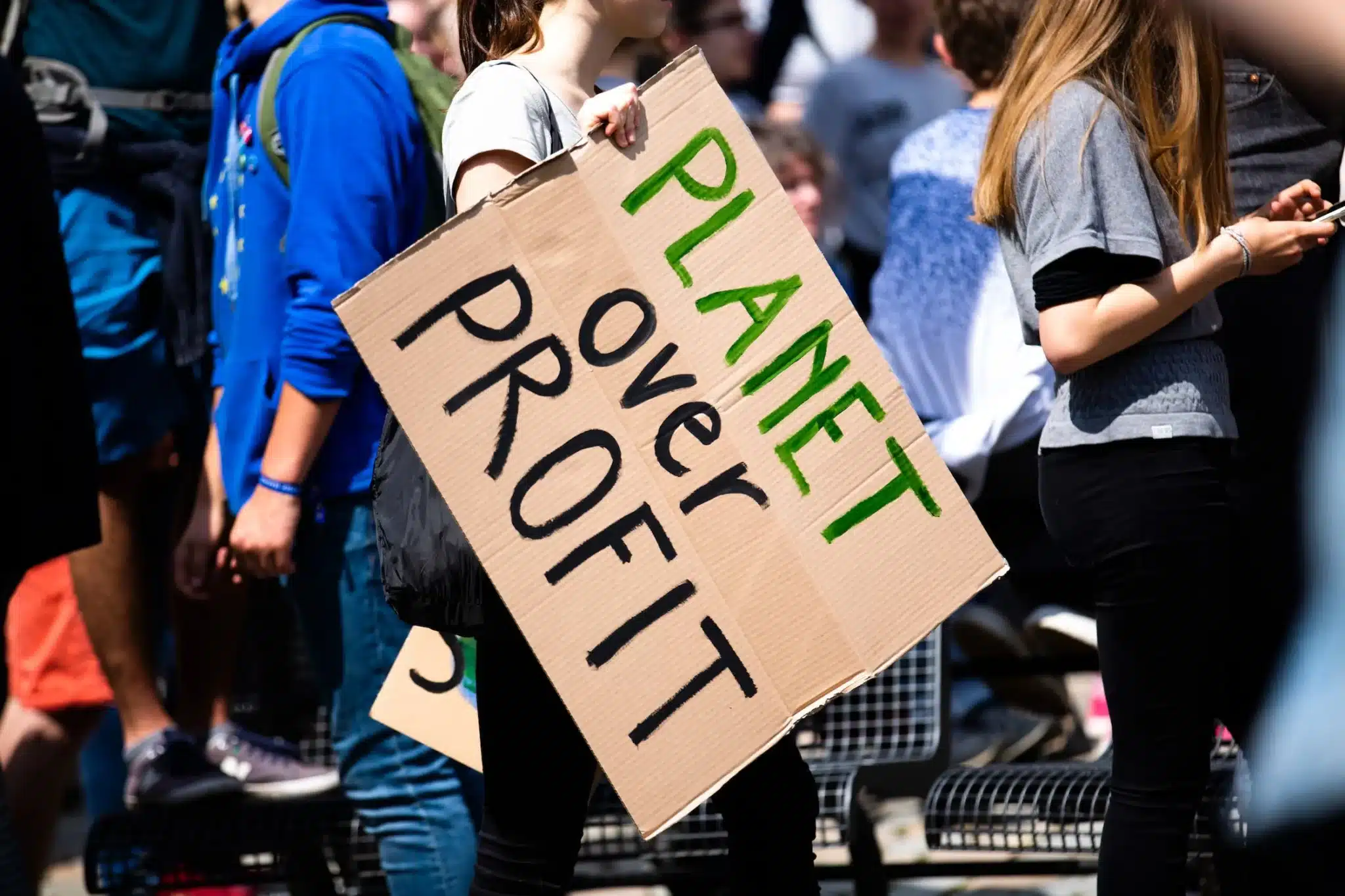For more than 20 years the Metronome has displayed time in a variety of different and creative ways. In 2020 Gan Golan and Andrew Boyd, two art activists presented a new, and somewhat terrifying way of displaying time. Their Climate Clock is a representation of time in which climate change becomes irreversible. As these numbers stood looming over Union Square, I sat in the park and observed how normal everything was. People were still funneling in and out of the Starbucks carrying their plastic cups, a perpetual line of traffic in every direction, overflowing garbage cans, and this clock was ticking down. I had to ask myself the very honest question that I am sure many others have asked themselves, in regard to future predictions and scenarios of climate change. What’s getting in our way of achieving the type of drastic and urgent outcomes needed to prevent imminent mass extinction?
There are a few human conditions that come to mind; overwhelm, denial, apathy, fear, and a complete adaptation towards a life fully dependent on ecologically irresponsible industries.
So we have gotten ourselves in a bit of a tough situation because our entire economy is dependent on these industries and our government props them up with subsidies and permits, allowing the pollution to persist in our region. Government agencies and planning commissions publish climate action plans but continue to allow these industries to dominate our social and ecological landscape. We see examples of this right here in our own state, even though we happen to have a Green Amendment which should protect us from pollution.
Last November Shell Polymers Monaca began operating their sprawling, multibillion-dollar plant along the Ohio River. This plant serves as an ethylene cracker plant that uses ethane, a natural gas product, to produce polyethylene pellets, a common type of extruded plastic that is then fed into plastic injection molds. Yes, we are manufacturing plastic out of natural gas right here in Pennsylvania. In February the plant was issued its third violation for emitting far beyond the legal emissions limits. 741.5 tons of volatile organic compounds and 345.4 tons of nitrogen oxide have been released in less than one year of operation.
Read: Moving Beyond The Plague Of Plastics
Pennsylvania is also the second largest importer of garbage. The state collects revenue when incinerating garbage and mitigating waste from other states. We are burning this garbage in communities. Zuline Mayfield, founder of Chester Residents Concerned For Quality Living (CRCQL) has been fighting the Covanta Incinerator in Chester and environmental injustice for decades. She is shining the spotlight on how environmental injustice is permitted and perpetuated by surrounding urban and suburban areas. Her community is experiencing negative health outcomes due to the pollution associated with transporting and burning our trash. They will be marching together this Saturday April 22nd. In Chester. Consider attending in solidarity.
PA DEP climate action plan outlines goals in addressing waste issues: To expand food waste diversion, reduce waste generated by citizens and businesses and expand the beneficial use of waste. This last part concerns me the most. This implies that waste to energy is progressive when in fact it’s more polluting than coal-fired power plants. At the end of the day when we put two and two together, we begin to realize how favorable our political systems have become of waste mitigation, rather than prevention. Bolstering oil and gas and capitalizing on creating a narrative wherein trashing our planet is perfectly permissible.
READ: Bucks County Is Making Strides In Reducing Single-Use Plastics Consumption
While it is true that oil and gas industries produce jobs, they also produce an increased risk of acquiring a non-communicable disease for workers who experience increased exposure to toxic chemicals. We also see this imposition upon farm workers who are exposed to petrochemical fertilizers that we incorporate into our commercial food system.
So it’s really no wonder that we humans oscillate between climate anxiety and apathy, this reality is permeating our psyche, actually quite literally. A 2018 Gallup poll illustrates that 70 percent of Americans, ages 18-34 have reported being concerned with global warming. To confirm that young people are plagued by climate anxiety I’d like to reference a study that was published in the Lancet. 10,000 individuals were surveyed, ages 16-25 all across the globe. The study is startling and shows that up to 84 percent of people showed moderate signs of climate anxiety and 50 percent of participants showed serious sadness and reported concern about inadequate government response and associated feelings of betrayal.
So we are actually feeling this deeply but according to Harvard psychologist Daniel Gilbert, humans are hard-wired to only respond to drastic and immediate threats, our nervous systems aren’t built for long-term risk analysis. Does this mean we are doomed?
Certainly not, this is an opportunity for us to change the narrative. I am particularly inspired by the work of Michele Moody Adams and her book, Making Space For Justice: Social Movements, Collective Imagination, and Political Hope. “Epistemic imagination matters because it generates linguistic forms that shape any given social world and profoundly influence our experience of it. Narrative imagination matters because its constructions create social meaning, shape collective identity and social roles, and legitimize central institutions and practices.”
As we celebrate Earth Day, let’s commit ourselves to a more self-empowered collective local and global action. We can adopt a new participatory narrative, one where we are choosing to create a new world by facing what is scary and hard in order to regain our balance. This sounds a lot more promising than apathy, powerlessness, and destruction.
If you are looking for an earth day event, Newtown Theater will be showing a series of short films followed by a panel discussion moderated by WHYY’s Marty Moss-Coane. For tickets and information visit Newtown Theater.






